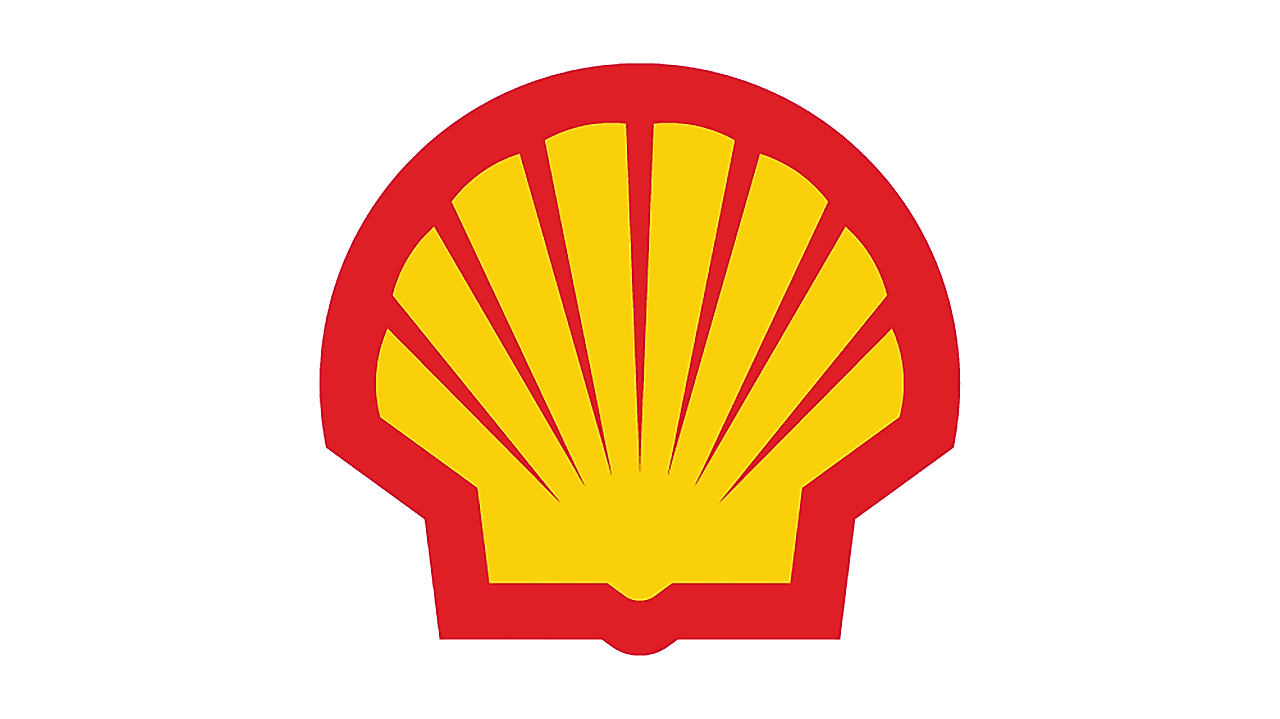
Managing fleet costs: practical tips to optimise budgets in 2025
Manage your fleet costs intelligently with smart cost-cutting strategies and easy-to-implement fleet management tips for 2025 and beyond.

Are economic pressures making fleet management a more challenging task for your business? You’re not alone. However fleet cost optimisation is achievable with our practical cost-cutting strategies. Find out how you can improve fleet efficiency, minimise expenses, maximise your 2025 budget and look forward to managing a more productive fleet for the future.
Managing fleet costs: practical tips to optimise budgets in 2025
Route optimisation for better fleet efficiency
Arguably the most effective way to achieve fleet savings is through route optimisation. Here are some hard-and-fast steps to make it happen for your business:
- Use fleet management software with GPS tracking to map out the most efficient routes.
- Avoid congested areas and reduce idle time by planning around peak traffic hours.
- Optimised routes save on fuel consumption and wear and tear, which can feed into long-term fleet cost optimisation.
Preventive maintenance
Staying on top of your vehicle’s maintenance needs is a cornerstone of both fleet efficiency and budgeting. The best way to get started is by scheduling regular servicing to fix even the smallest issues before they snowball into expensive repairs.
It’s also a good idea to monitor tyre pressure and wheel alignment, as underinflated tyres will inevitably increase your fuel consumption and wear down parts of the vehicle. Another good tip is to use maintenance reminders to see that every vehicle is checked on time.
Fuel management strategies
Managing fuel for your fleet doesn’t have to be a major headache. You won’t even have to find room in the budget to invest in the most fuel-efficient cars – although that could be part of your plans for the coming years.
Instead, train your drivers in eco-driving techniques, such as gentle acceleration, maintaining steady speeds, minimising idle times and more. Also, use a Shell Business Fuel Card and the Shell Card Portal to track and manage their fuel expenses.
You might also want to explore bulk purchasing options or negotiate with suppliers to lock in lower fuel rates wherever possible. Tracking fuel consumption per vehicle can also help spot any inefficiencies, which you can then use to put in place the right strategies to fix them.
Stay on top of driver behaviour
There’s no denying that individual driver habits play a big part in fleet efficiency. That’s why it’s so important that you do a few simple things:
- Install telematics systems to monitor driver behaviour (e.g. speeding, hard braking, excessive idling).
- Set up regular training sessions about fuel-efficient driving and road safety.
- Reward employees who show they are capable and safe drivers day in, and day out, as this will encourage other drivers to meet the same standards.
Leverage technology for fleet management
Modern technology has led to the creation of so many incredible tools for fleet management and cost-cutting strategies. For example, you can invest in fleet management software that tracks your vehicles’ performance, fuel usage, maintenance schedules and more.
Making the most of data analytics will also help you identify trends and areas for improvement, especially in terms of reducing on-road costs. You might even consider adopting electric or hybrid vehicles for certain routes to reduce fuel dependency and lower your carbon footprint.
Streamline your fleet size and how it’s used
One final practical approach to fleet budgeting is to figure out whether your fleet size actually lines up with your business needs. Here are some questions to ask:
- Do you have any underutilised vehicles and, if so, could downsizing be an option?
- Can you share vehicles across departments or encourage car-pooling initiatives for staff?
- Is there any way you could outsource specific routes during peak periods (e.g. the Christmas holiday season) to reduce pressure on your fleet?
Route optimisation, preventive maintenance, new technologies, fuel management – all of these cost-cutting strategies can greatly improve your fleet efficiency, but it ultimately comes down to your preferences and whether you are willing to take proactive steps to overcome the current economic pressures for a more sustainable fleet in 2025.
Disclaimer
Viva Energy Australia Pty Ltd (“Viva Energy”) has compiled the above article for your general information and to use as a general reference. Whilst all reasonable care has been taken by Viva Energy in compiling this article, Viva Energy does not warrant or represent that the information in the article is free from errors or omissions or is suitable for your intended use.
You may also be interested in

By Shell on March 13, 2024

By Shell on Feb 14, 2024

By Shell on April 14, 2022